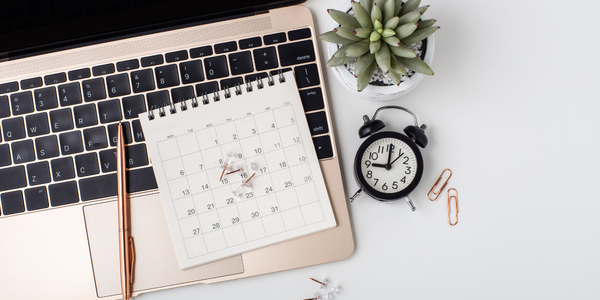
Create two blank one-week calendars (either on paper or on your phone) and schedule in your events for the upcoming week in this order of priority:
- Any jobs or required commitments.
- Sleep for 8-10hrs/night. Lack of sleep decreases productivity and leads to increased anxiety. Try to read a book before bed, rather than staring at a screen, and set a regular bedtime and wake-up time that fits into your schedule.
- Homework time. The amount of appropriate time will vary depending on your school schedule. It is better to have too much time devoted to homework than too little. Develop a study routine—try to decide on a specific location and time each day to study. Make sure to set aside time for daily assignments, long term projects, and study sessions for tests.
- Leisure Time. You will be shocked at how much time you’ll have left over for extracurricular activities and fun stuff. We’re not saying you shouldn’t play video games, play computer games, do crazy and exciting things, but these shouldn’t get in the way of other commitments.
After you’ve created your ideal schedule (check out our tips on how to do this), take your next week and track exactly what you do with your time for each half hour of your day. Record this in the second calendar. Be honest with yourself! This exercise won’t be helpful if you filter or censor your behaviors.
At the end of the week, match your real schedule up with your ideal schedule and see how they compare. Moving forward, try to create your weekly schedule based on what you learned from the two calendars and how they were similar/different. This will help you create something realistic and attainable for you. Adjust your calendar and create a routine to make a plan for each week.
Looking for a more in-depth planning tool for the whole academic year? Try the Order Out of Chaos Planner.




